Tribal Nations have continuously applied their sovereignty to support health for their peoples and lands. Colonialism and attempted genocide have disrupted many Indigenous systems and structures, causing health inequities that include high rates of cancer, diabetes, heart disease, and other chronic illness. Yet, Tribes and Indigenous people are resilient, working to reinforce and restore traditional ways to advance health across Indian Country. The Center supports this work through policy approaches focused on Indigenous foodways, culturally relevant physical activity opportunities, public health problems posed by commercial tobacco, and more.
Image

Featured Resource
Drafting Tribal Public Health Laws and Policies
This publication is designed to assist Tribal leaders, health departments, public health advocates, and community members in thinking about how to draft written public health laws and policies for their Tribes.
Featured Resources
-
Image

First Food is Medicine Toolkit
This toolkit was developed to be a source of ideas and support for Tribal leaders, public health staff, child care providers, employers, and community members who seek to protect and sustain first food practices within their communities.
-
Image
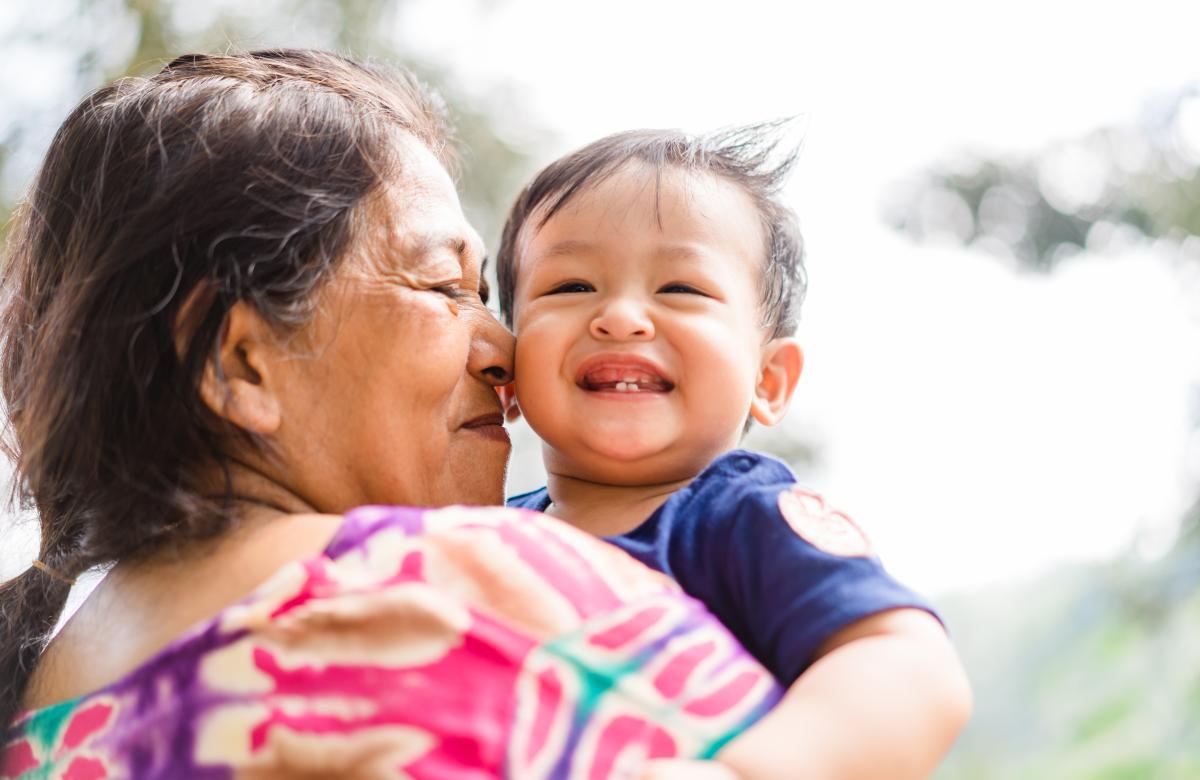
Commerical Tobacco Policies: A Guide for Tribal Enforcement
This guide lays out different methods for enforcement of commercial tobacco-free policies, and their benefits and drawbacks. It is meant to serve as a companion to the Public Health Law Center’s Drafting Tribal Public Health Laws and Policies resource, which is geared towards communities and Tribal governments that may consider adopting public health policies throughout Indian country.
-
Image
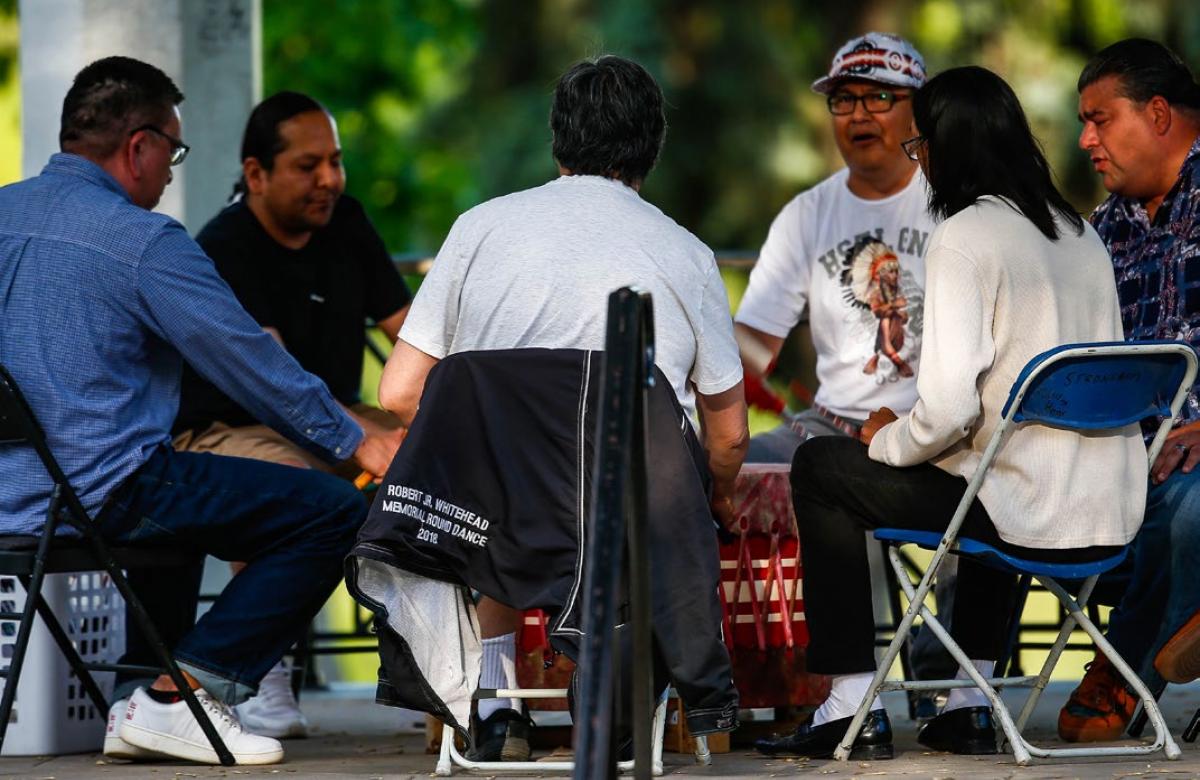
Commercial Tobacco Product Waste - Considerations for Tribal Communities
This resource explores considerations, policy solutions and educational opportunities for Tribal Nations to enact laws and regulations to protect their lands from the harms of commercial tobacco product waste.
-
Image

Gifts Across Generations
This report highlights how Tribes, Tribal organizations, and urban American Indian health centers in the Great Lakes Area are using law and policy to support and protect breastfeeding within and for their communities.
-
Image
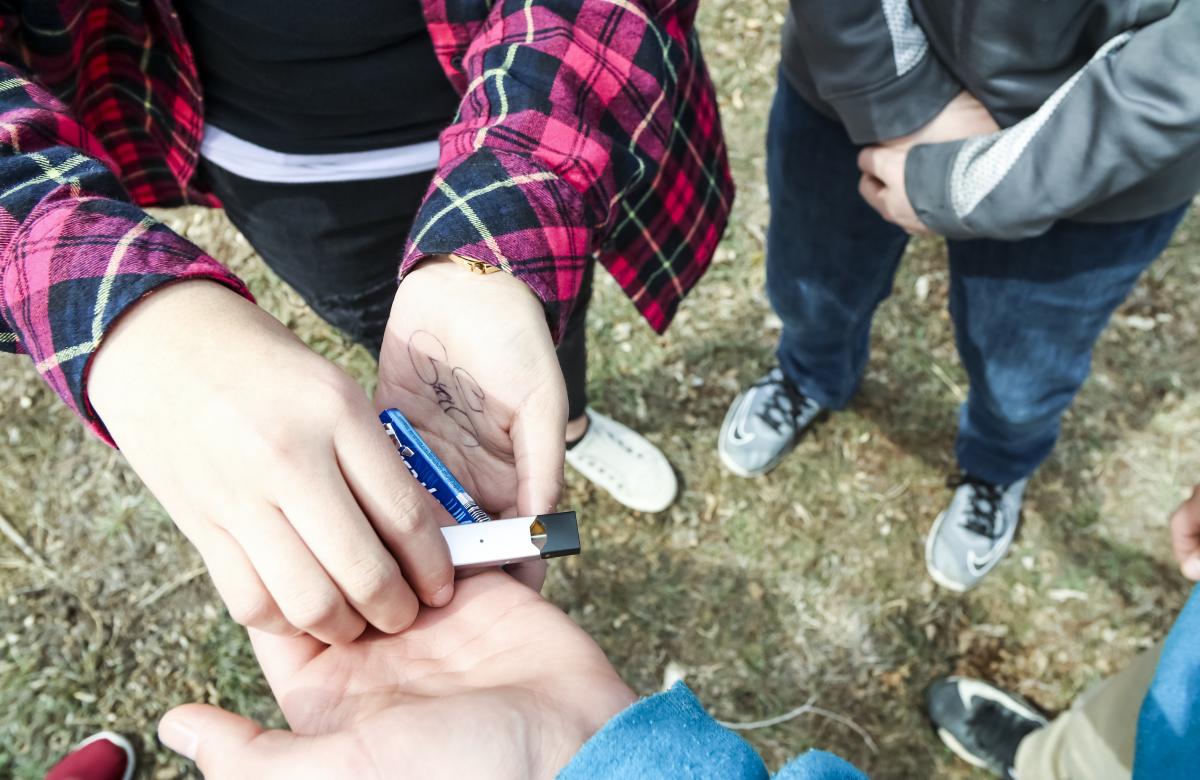
Addressing Tobacco Industry Targeting of Tribes
Overview of the tobacco and e-cigarette industry efforts to target Tribes, and a sample resolution for Tribes on electronic smoking devices and commercial tobacco industry sponsorships.
-
Image
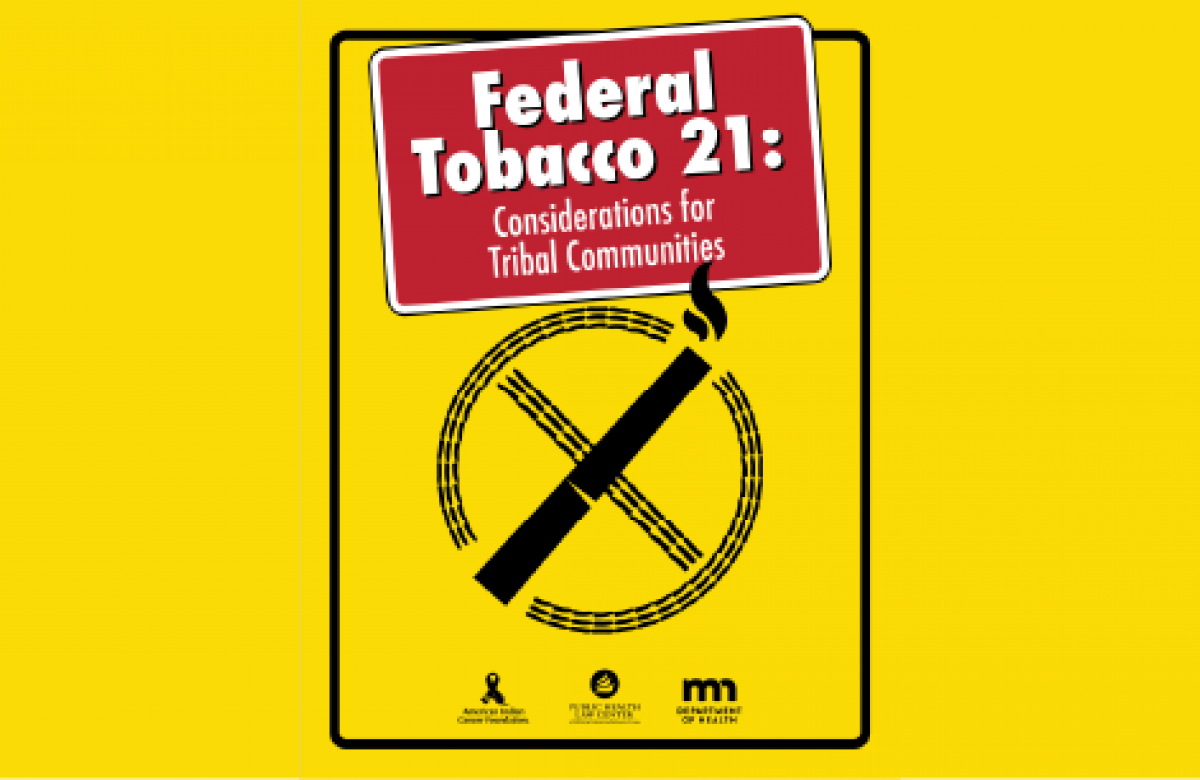
Federal Tobacco 21: Considerations for Tribal Communities
This resource discusses the 2019 amendment to the Tobacco Control Act that raised the minimum legal sales age for commercial tobacco products from 18 to 21 in all U.S. states, territories and on Tribal Lands, and its impact on Tribal communities.
-
Image
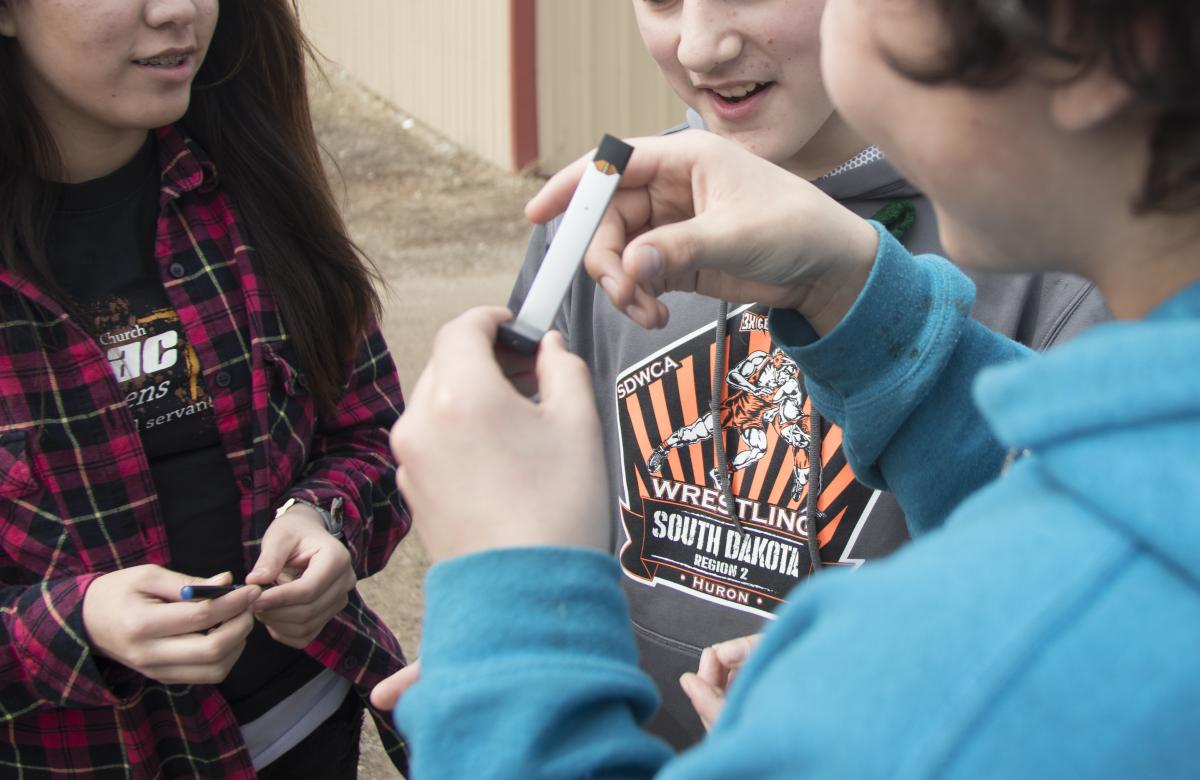
Federal Tobacco 21: Considerations for Tribal Communities (Video)
On December 20, 2019, the federal government made changes to the Family Smoking Prevention and Tobacco Control Act of 2009 that increased the minimum legal sales age for all commercial tobacco products from 18 to 21. This video discusses what this means now for Tribal communities, and how Tribes can continue to exercise their sovereignty through public health and policy considerations.
-
Image
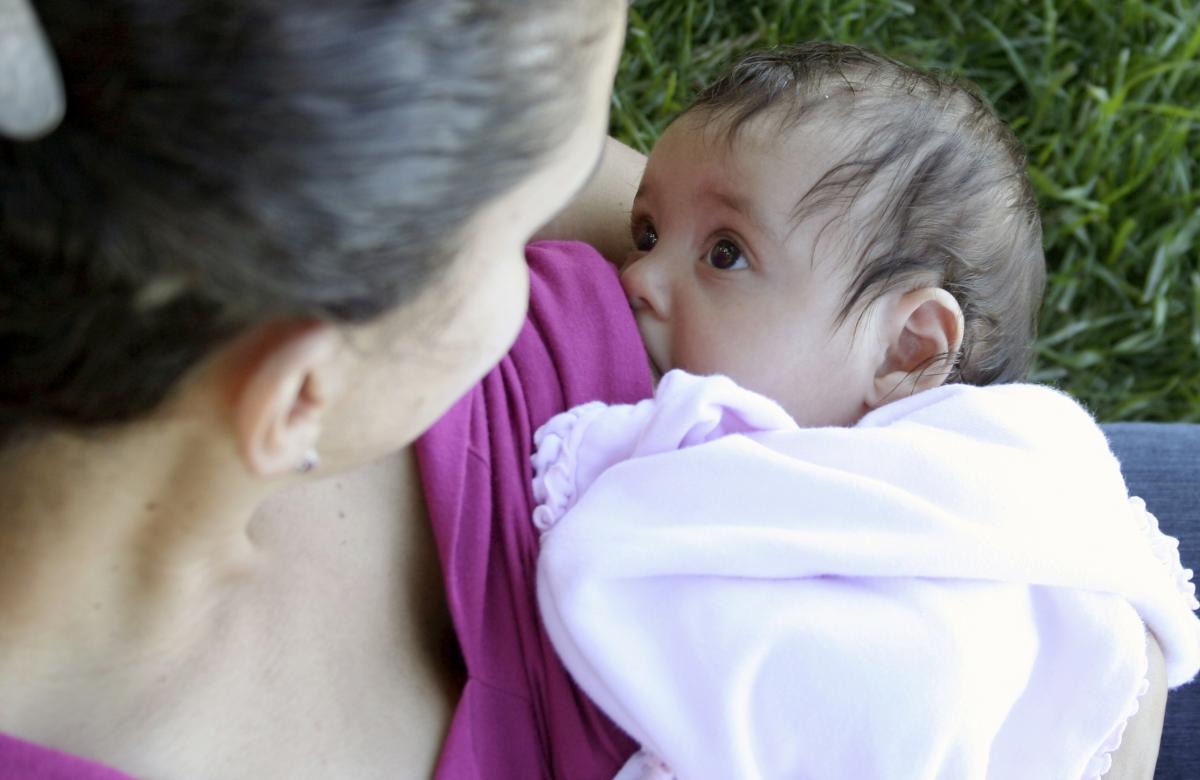
Breastfeeding & Expressing Human Milk at Work
Federal, Tribal and Minnesota laws provide important protections for people who want to nurse or express milk at the workplace. This webinar addresses how laws apply in various workplaces in Tribal communities and across Minnesota. In addition, presenters will discuss best practices and how businesses can support nursing employees by passing supportive workplace policies.
-
Image

Smoke-free Tribal Casinos
This is a resource to help facilitate education and awareness on adopting smoke-free policies in Tribal casinos.
-
Image
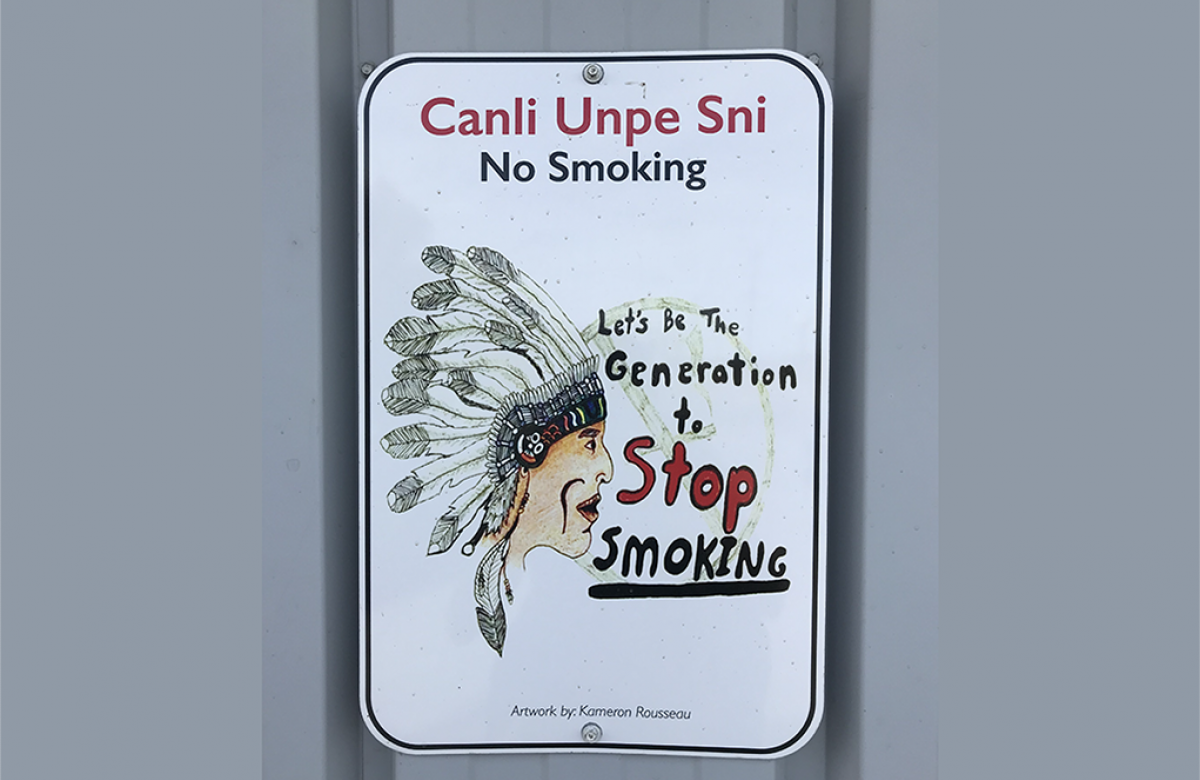
Smoke-free Tribal Housing Policies
This is a resource for Tribal communities working on policies to restrict the smoking of commercial tobacco products in Tribal housing.
-
Image
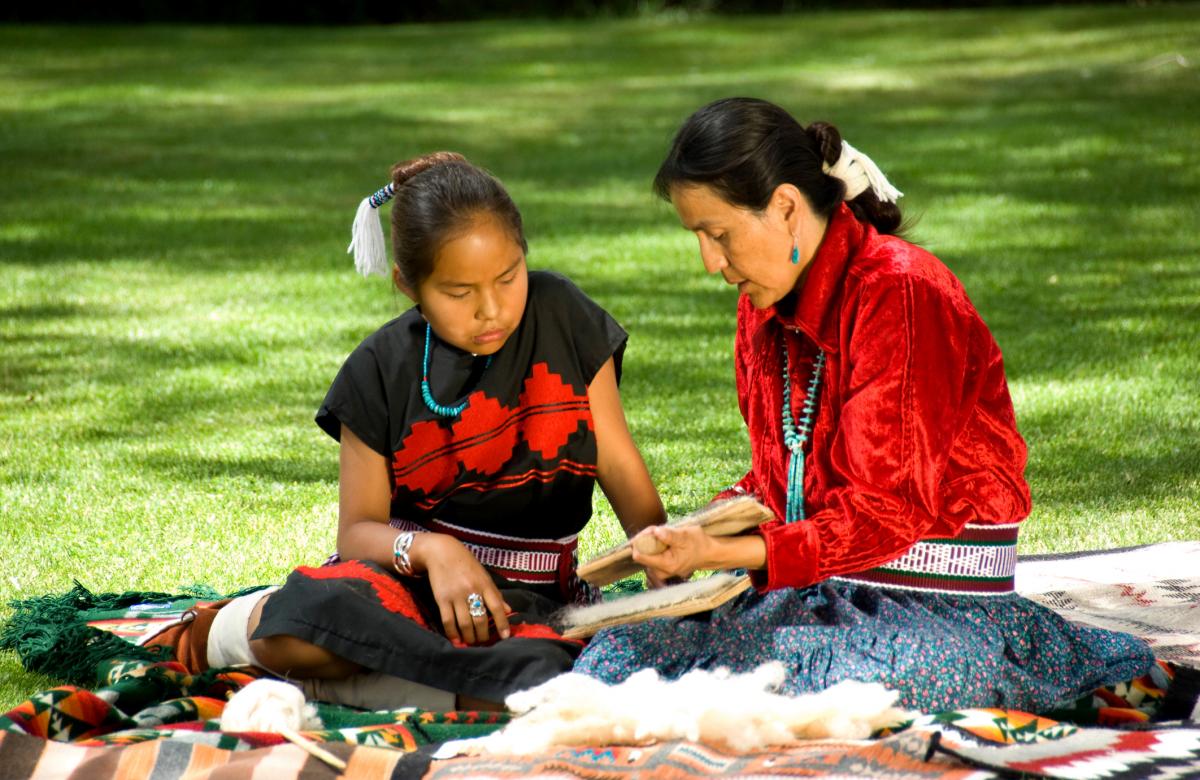
Tribal Tax Policies for Commercial Tobacco
This is a resource for Tribal governments and Tribal public health advocates on increasing commercial tobacco taxes and simultaneously protecting Tribal sovereignty and cultural practices. Written in partnership with the National Indian Health Board, the National Native Network, and the Michigan Public Health Institute.
-
Image
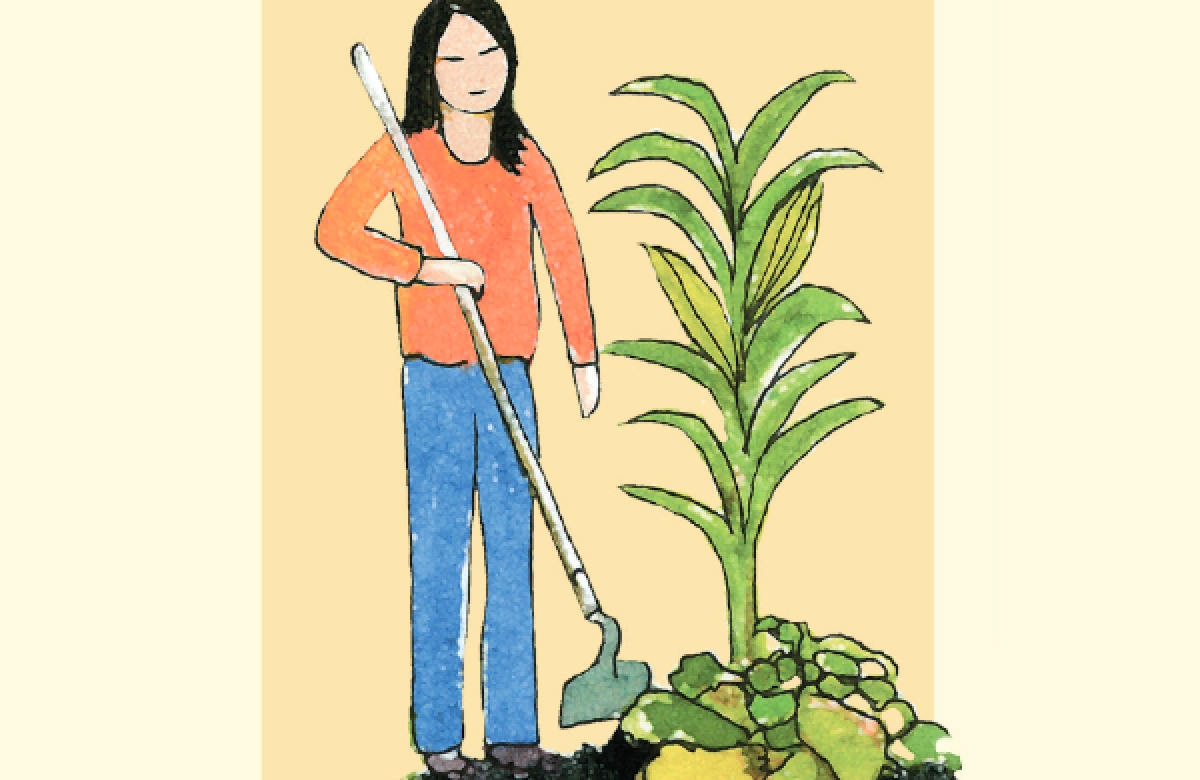
Organizational Food Systems within American Indian and Alaska Native (AI/AN) Serving Organizations
Many Tribal and Indigenous-serving organizations include food systems components as part of their services and activities to support the health and wellness of their clients and the community. This resource provides a visualization about what these components can look like and how they can work together.